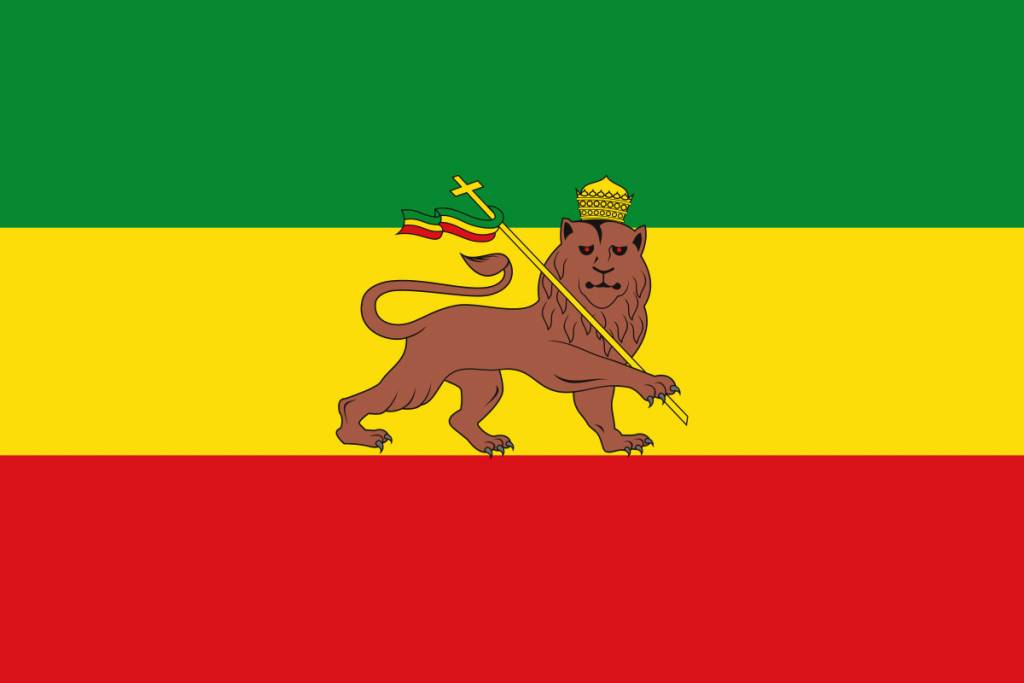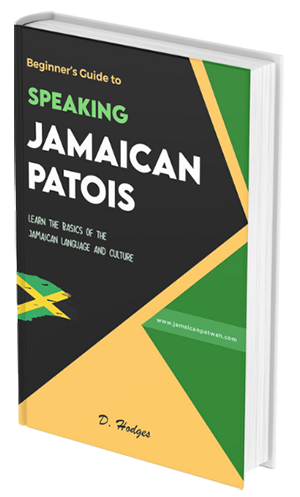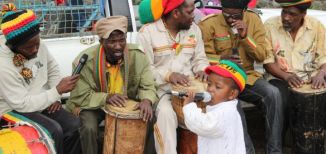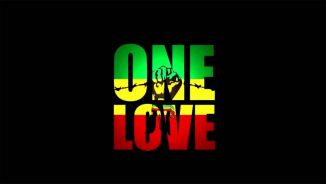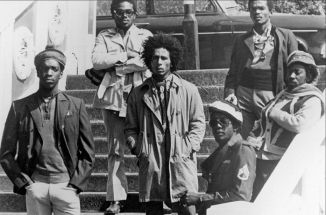Rastafari ( also called Rastafarianism) is a cultural movement that came about in Jamaica in the 1930s. The movement is heavily influenced by African culture and is based on the belief that Emperor Haile Selassie I of Ethiopia, who ruled from 1930 to 1974, is the second coming of Jesus Christ.
 Emperor Haile Selassie I of Ethiopia
Emperor Haile Selassie I of Ethiopia The Iyaric language
One of the key elements of the Rastafari language is the use of what is called "Iyaric," a form of Jamaican Patois that is considered to be the "holy language" of Rastafarians. Iyaric, also known as Dread Talk, is the Rastafari language created in defiance of English as an imposed colonial language that facilitated the loss of African languages among enslaved Afro-Caribbeans.
Iyaric incorporates elements of African languages such as Twi, Yoruba, and Bantu, which were brought to Jamaica by enslaved Africans. Additionally, words and phrases from Jamaican patois and English are commonly used in Iyaric.
Structure of Iyaric
Iyaric words and phrases are a combination of English dialect and Jamaican Patois spoken primarily by Rastafarians. Iyaric is actually much easier to learn than Jamaican Patois because it’s mostly a play on English words (e.g. “overstand” for “understand”,“downpress” for “oppress”,“ I-ditate” for “meditate” etc…) rather than being an entirely separate dialect as with Jamaican Patois.These play on words are mainly used to reflect the Rastafari movement beliefs of peace and love by removing negative words such as “hate and death” and superseding them with positive ones such as “love and life”.
One of the unique features of Iyaric is its use of "I" as a prefix, which is used to indicate the speaker's connection to the divine. For example, "I-and-I" is used to refer to the speaker and the divine, as Rastafarians believe in the unity of all things. Iyaric is often used in Rastafarian music and is considered to be an important part of the Rastafari culture. This type of language convey spiritual and philosophical concepts, as well as a sense of power and respect. It's also an important aspect of Rastafari culture and identity.
Below are some of the popular Iyaric terms you might have heard at one time or another.
- I-and-I - used to refer to the speaker and the divine
- Irie - positive energy or good vibes
- I-tal - natural or pure
- I-nity - unity or oneness
- Bash - made from Calabash, this Is a type of plate used by Rasta, the rule is to only put pure food in the calabash dish
- Bredren - brother or friend
- Sistren - sister
- Ital Bath - River
- I-sistence - persistence or determination
- I-dren - children or youth
- I-sire - desire or aspiration
- Iron Bird - Airplane
Conclusion
The use of Iyaric is not limited to Rastafarians in Jamaica, and it is also spoken by Rastafarians in other parts of the Caribbean, as well as in Africa, Europe, and North America.
However, it's not widely spoken and it's considered a language of the Rastafarian subculture, that is spoken primarily by members of the Rastafarian community, and it's not considered an official language in Jamaica.
Beginner's Guide to Speaking Jamaican Patois
Looking for a quick and easy way to learn Jamaican Patois? Our Beginner's Guide has everything you need to get started;
- Learn correct word pronunciation
- Understand grammar and structure
- Handy everyday phrases
Get Your Copy

